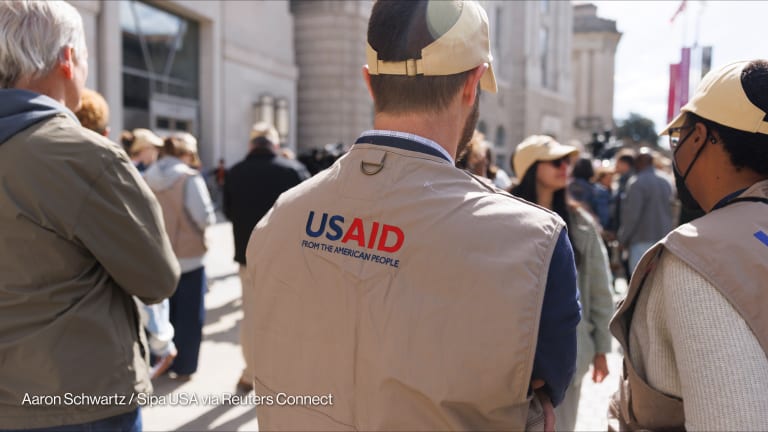The companies and nongovernmental organizations that run USAID’s global programs have been devastated by the Trump administration’s foreign aid freeze and stop-work orders. For them, it’s not just politics — it’s survival. Mass layoffs, sweeping furloughs, and the looming threat of collapse have pushed them to the brink.
Aid advocates have been waiting for the courts to step in — and now, the legal fight is gaining traction. A newly filed lawsuit, backed by major for-profit contractors and NGOs, is taking direct aim at the freeze. With USAID programs stalled and the agency being systematically dismantled, the situation has reached a breaking point.
The companies and NGOs responsible for implementing USAID programs worldwide have been crippled by the freeze, but the consequences extend beyond these organizations, leaving millions of people without access to lifesaving humanitarian and development assistance.








